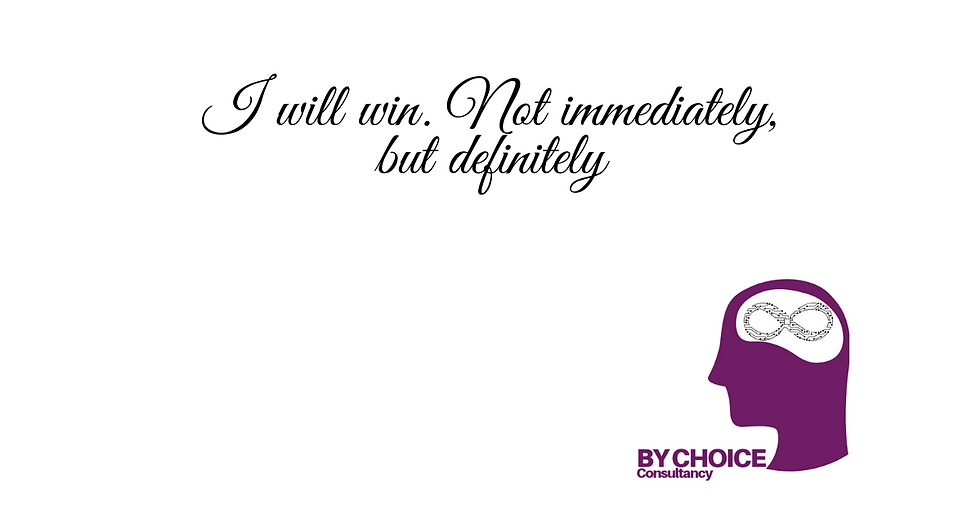Why holistic business growth?
- Raluca
- Feb 7, 2020
- 3 min read
Updated: May 19, 2020

I have adopted as freelancer this objective of enabling holistic growth and I guess is only fair that I explain what I mean by that. Holistic growth is really looking at growth as a process facilitated by a team that:
- works well together,
- has clarity on the outcome being pursued,
- is driven to deliver a product/service that is valuable for the client and
- has the capacity to communicate in a way that is understood by client.
In other words, holistic growth is about recognizing that:
without optimally-set objectives, things just seem to happen with or without intent, there might be confusion within the company (especially between different departments), it is difficult to know what metrics to track and priorities might change too often;
without a team that collaborates effectively there will be delays in meeting targets, the mindset will be skewed towards a problem-frame, there will be conflicts and too much time wasted on criticism instead of building on each team member’s strength;
without a customer-focused approach a business might put a great effort in developing products/services which are met with silence by the market;
without the ability to communicate effectively with its clients, the company might fail to really explain why the service/product is valuable to the client; even when we are sure that there is a need for a product/service (ie. That there is a real problem that it solves and the clients want it) the clients might be surprisingly “resistant”.
In Neuro-Linguistic Programming (NLP) the belief held is that that there is no “resistant” client, just inflexible communicator (that’s assuming of course that the need is present). So, even when we build something worthy for clients, it is perhaps not a big surprise that sometimes the biggest competitor is the status quo. In such cases, the real opportunity lies in recognizing that clients are different and adapting the way we communicate our value proposition that the client can really perceive it.
I believe we are moving towards a period when companies need to combine all of the above to be able to withstand the test of time.
We have seen businesses that tout being customer-centric, see hoards of users and yet they end up failing because they can’t generate enough cash.
We have seen companies struggling because customers became revolted by reports that staff is not well treated.
We have seen results-driven companies pushed to the corner because they failed to consider the impact that their targets will have on the work environment or on the customer service.
The most successful companies have managed to combine all of these and be results-driven, customer-focused and team-oriented.
Any business is ultimately a human to human by humans process. Success stories, the real disruptions have manged to blend soft and hard skills in pursuing their vision. They have managed to unite their teams around the company's mission, they empowered team members to collaborate and use their creative thinking to see beyond challenges, they understood what the clients need, they were bold whilst remaining aware of risks, they managed overconfidence bias etc. In a nutshell, I believe future entrepreneurship depends on establishing a vision, building a story around it, putting that story in numbers and "selling" the story to team members, investors, partners etc.
I am a financial professional by formation, I see financial figures, metrics and data as critical in business management and yet I came to understand that to get the full picture behind them one needs to understand the people contributing to them (as employees, managers, directors, customers, suppliers etc).
This is what justifies in my opinion the need to approach growth holistically.


Comments